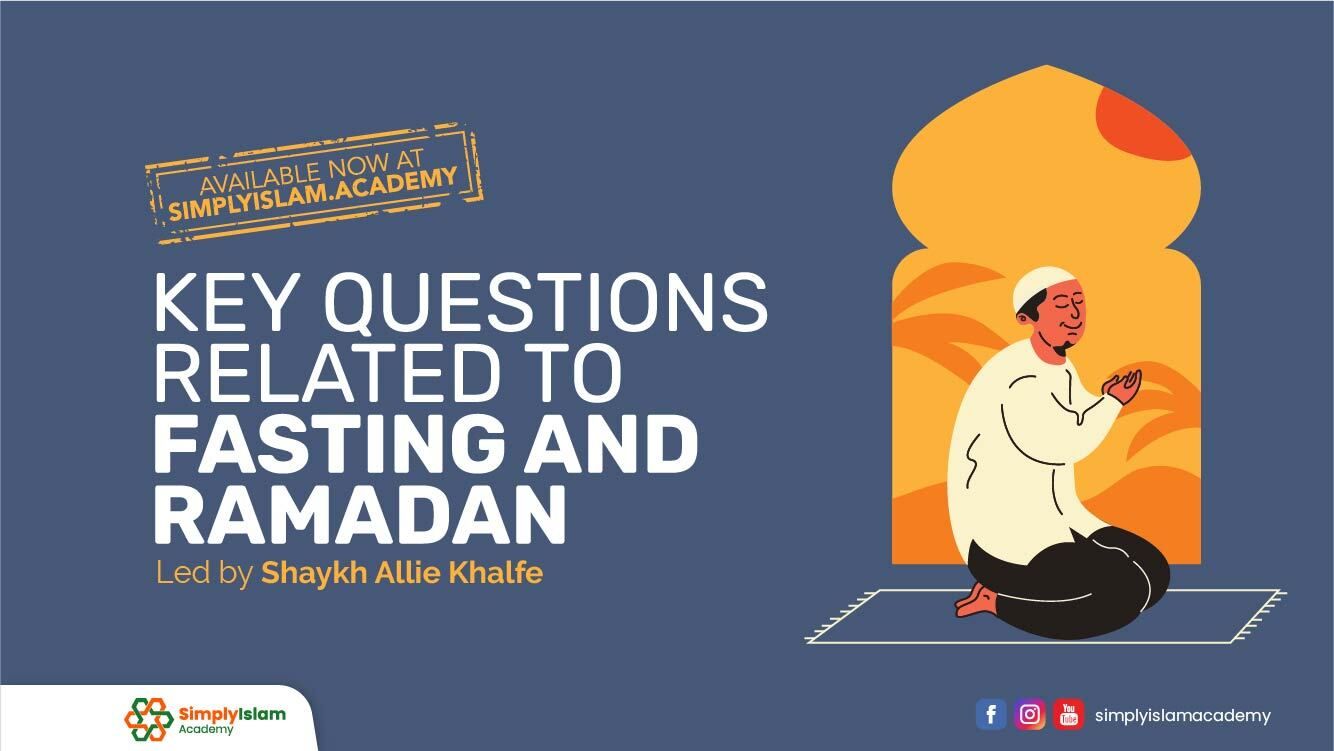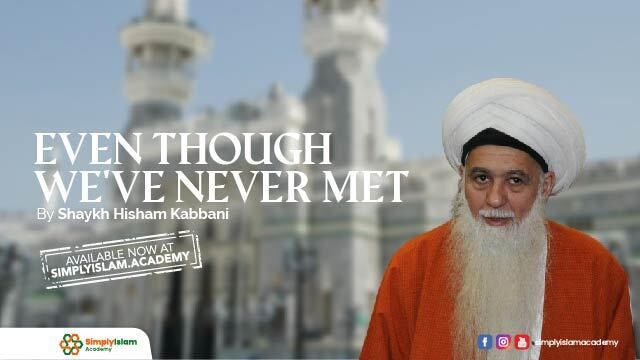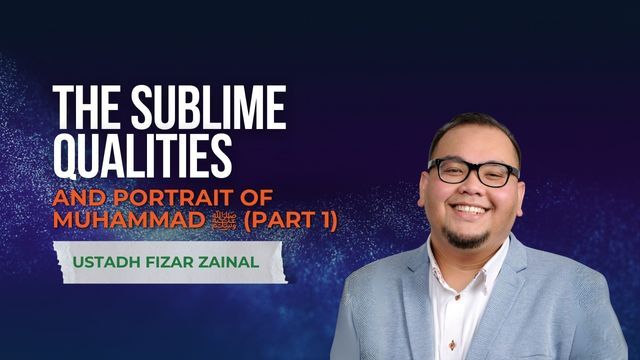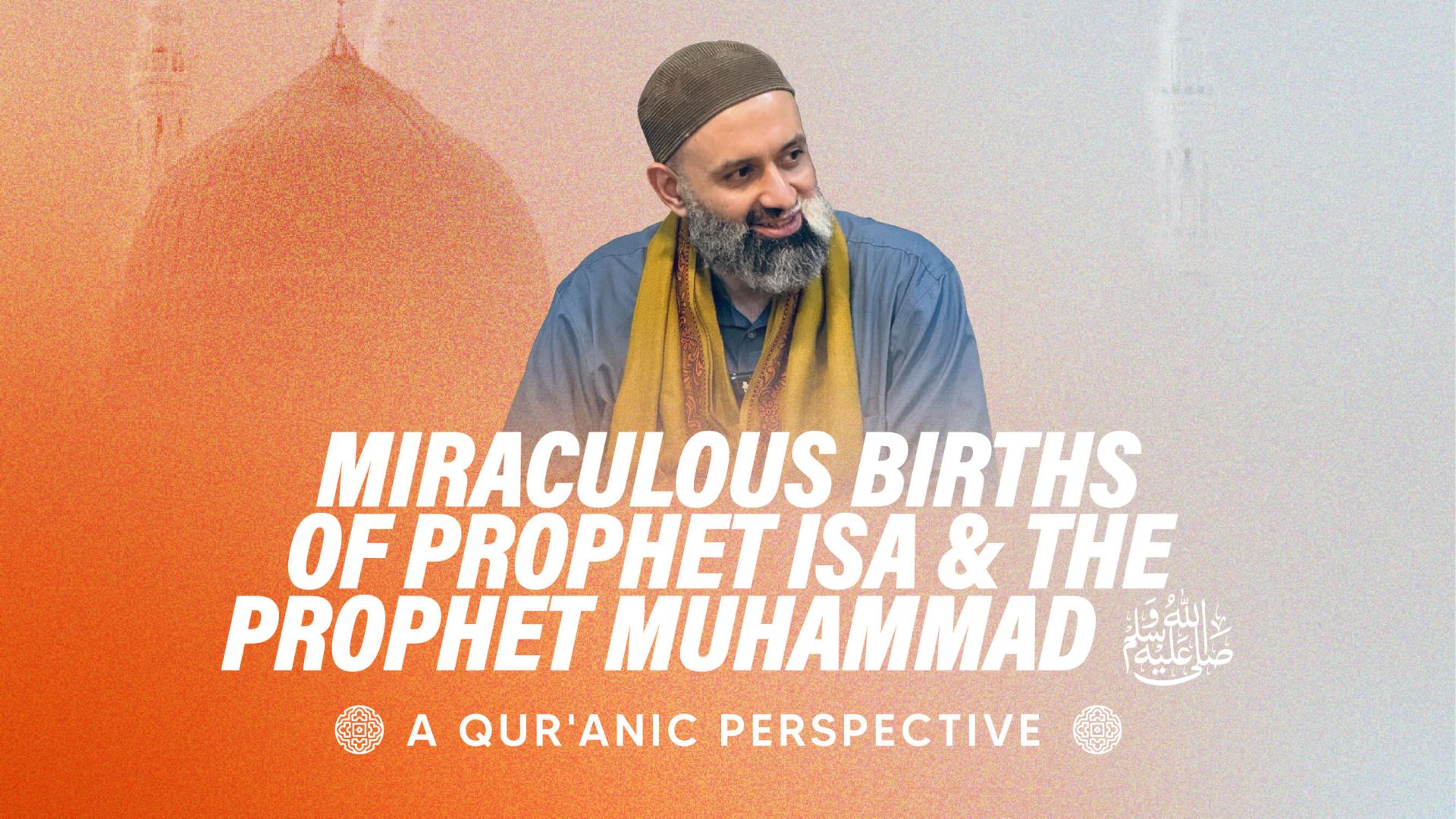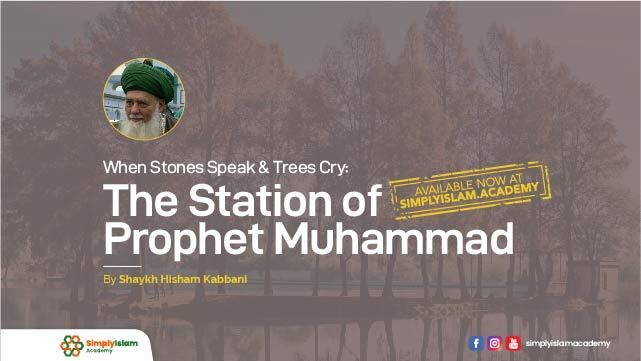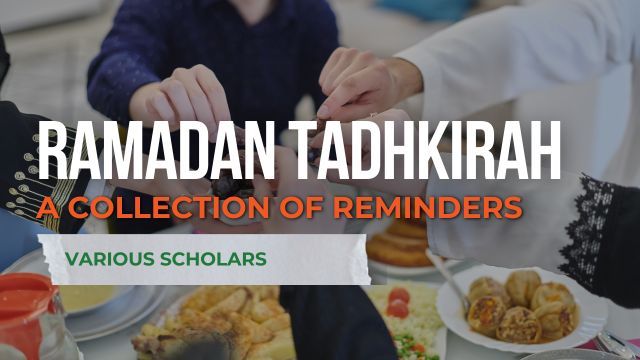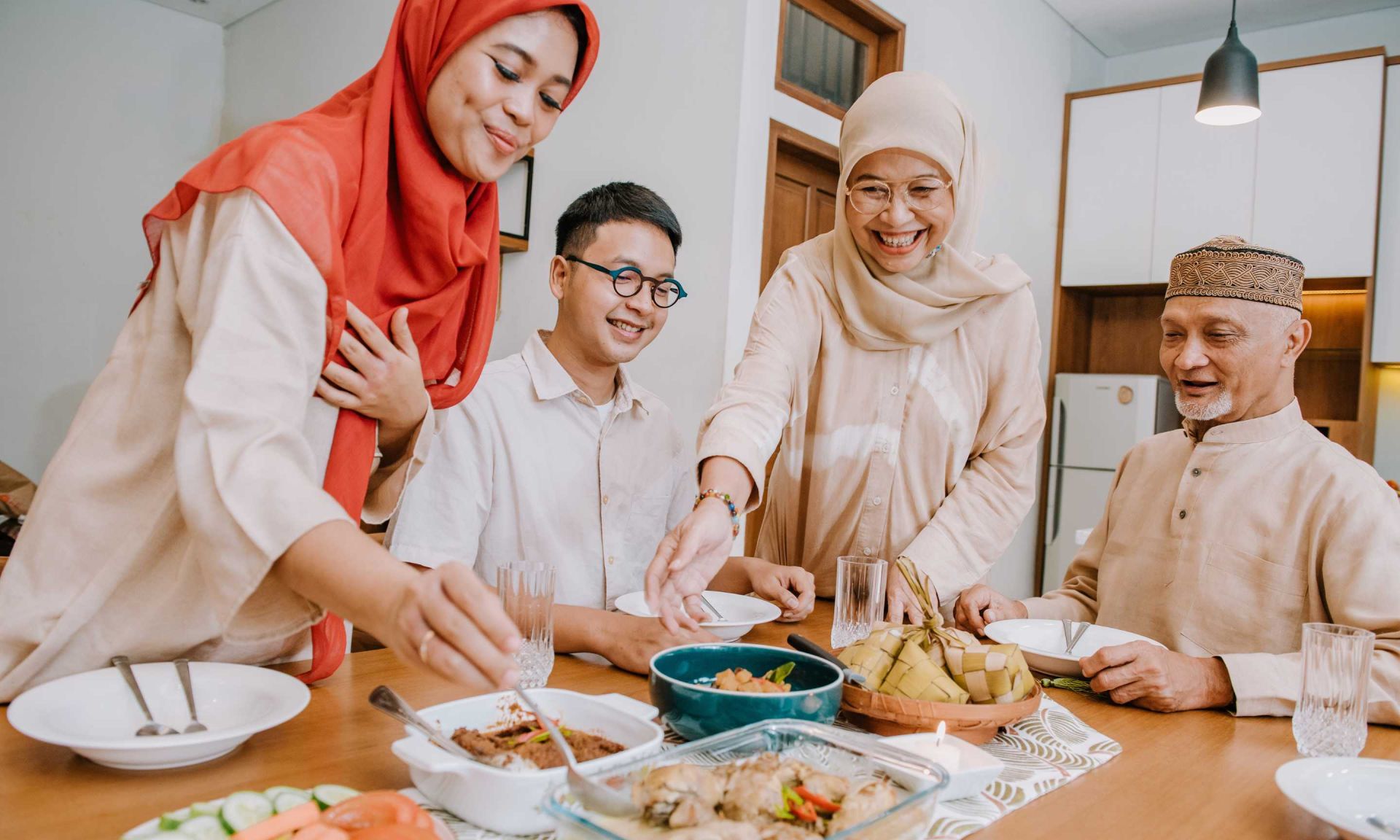
Interesting Fun Facts about Ramadan You Need to Know
If you’re a non-Muslim or someone curious to learn more about Islam, here are some fun facts about Ramadan to help you understand the significance of this holy month for Muslims worldwide.
There are many things to know about Ramadan, which can sometimes feel overwhelming. To make it easier, we’ve compiled a list of the most fascinating facts about Ramadan, including details about its routine, the blessed night of Laylatul Qadr, and much more.
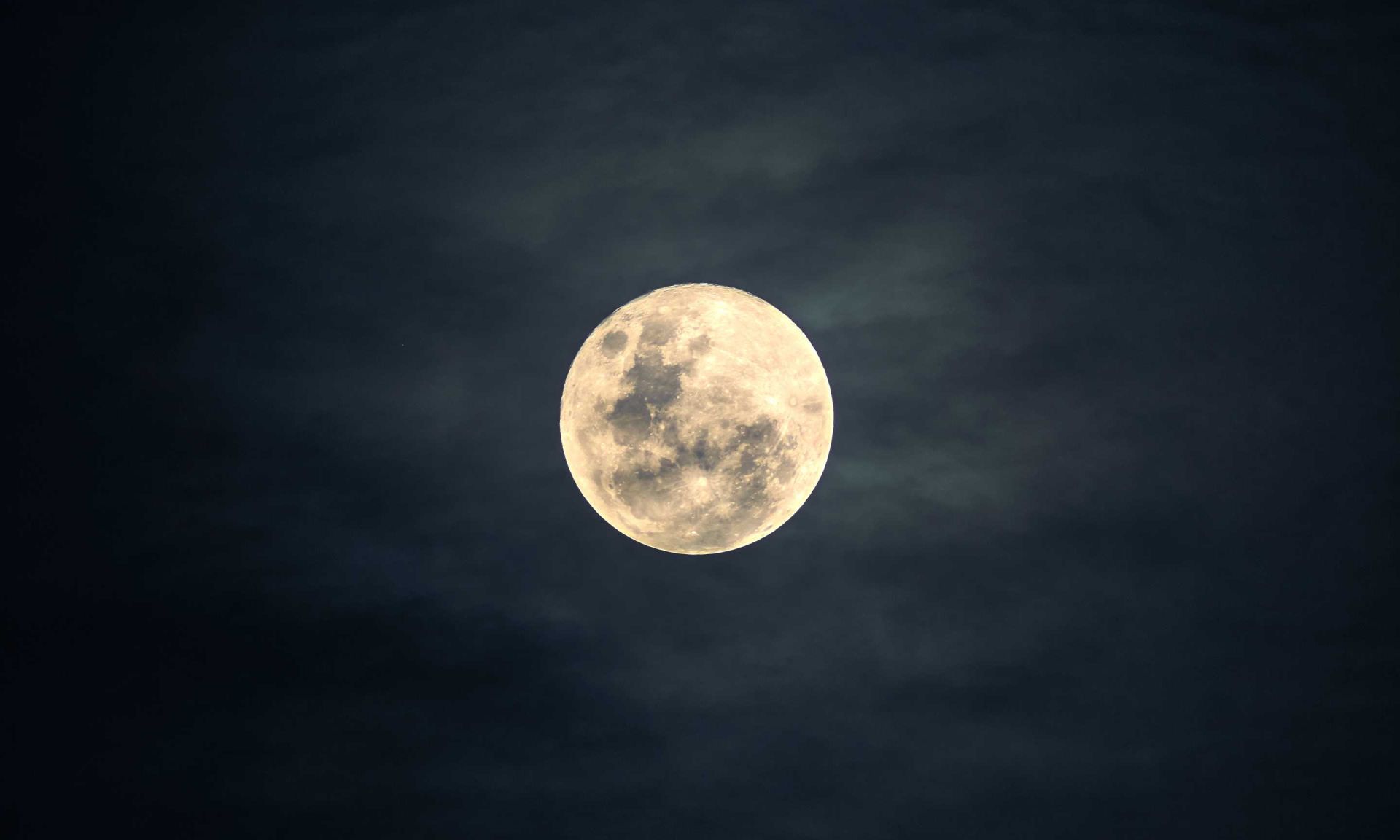
Ramadan Is Observed in the Ninth Month of the Islamic Lunar Calendar
One of the essential ways to prepare for Ramadan is to determine the start of Ramadan. Did you know that Ramadan is the ninth month of the Islamic lunar calendar, determined by the sighting of the crescent moon? This makes the start and end dates vary each year in the Gregorian calendar.
There are many mentions of the moon sighting in the hadith to determine the start of Ramadan, such as below:
Abu Huraira reported Allah's Messenger (ﷺ) as saying:
Observe fast on sighting it (the new moon) and break (fast) on sighting it (the new moon), but if the sky is cloudy for you, then complete the number (of thirty). [Sahih Muslim]
Observe fast on sighting it (the new moon) and break (fast) on sighting it (the new moon), but if the sky is cloudy for you, then complete the number (of thirty). [Sahih Muslim]
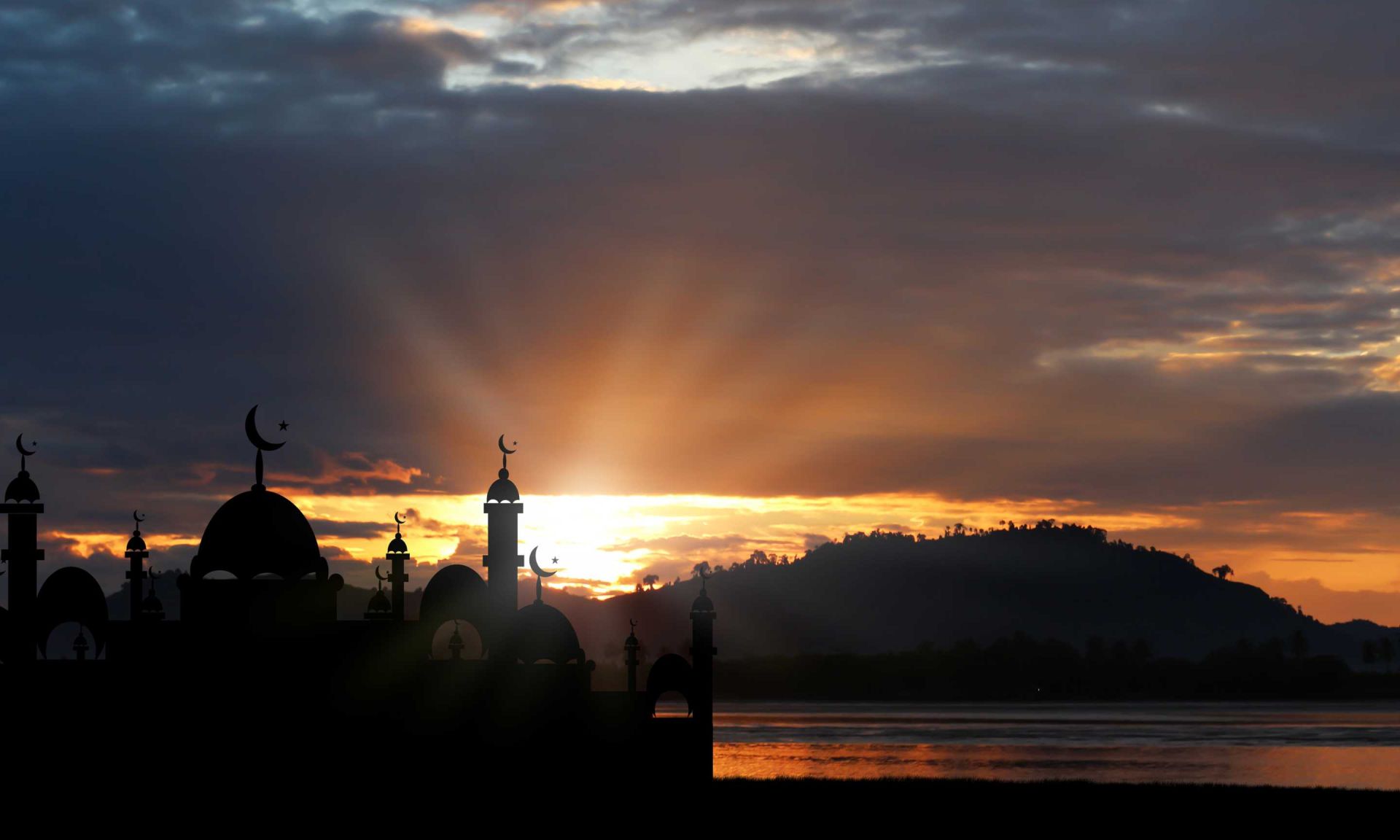
Muslims Fast from Dawn to Dusk During Ramadan
One of the defining facts about Ramadan is fasting, which is one of the Five Pillars of Islam. Muslims abstain from food, drink, and other worldly desires from dawn (Fajr) until sunset (Maghrib).
You might think that holding yourself from any food and water from dawn until sunset is a long time for Muslims to fast, which can be true in some countries. For instance, in Greenland, the Ramadan fasting hours last up until 14 hours and 37 minutes!
However, there are also countries with short fasting hours, like in New Zealand, and most Asian countries. There is no fixed fasting hours, as it is depending on when the sun rises and sets.
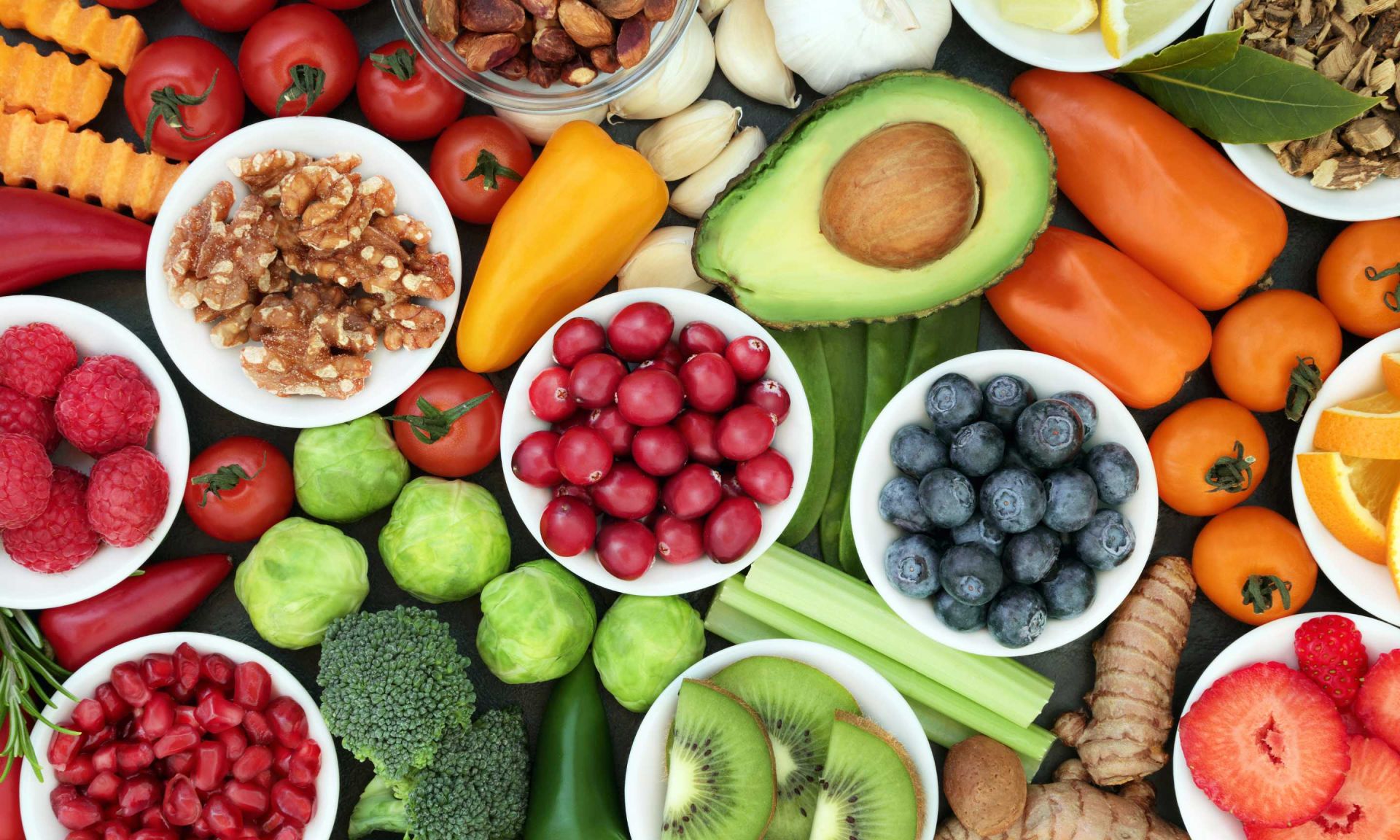
Suhoor and Iftar: Key Ramadan Meals
Not many Muslims know what happens during Ramadan. What Muslims do, what they eat, and the essential Ramadan routine as a whole.
The daily fasting routine begins with a pre-dawn meal called Suhoor and ends with Iftar, the evening meal to break the fast.
It is also worth noting that it is a part of the tradition to break one’s fast with haste, instead of delaying as you need to fuel yourself after a long day away from food and drink.
It was narrated from Abu Hurairah that the Messenger of Allah (ﷺ) said:"The people will remain upon goodness so long as they hasten to break the fast. Hasten to break the fast, for the Jews delay it." [Sunan Ibn Majah]
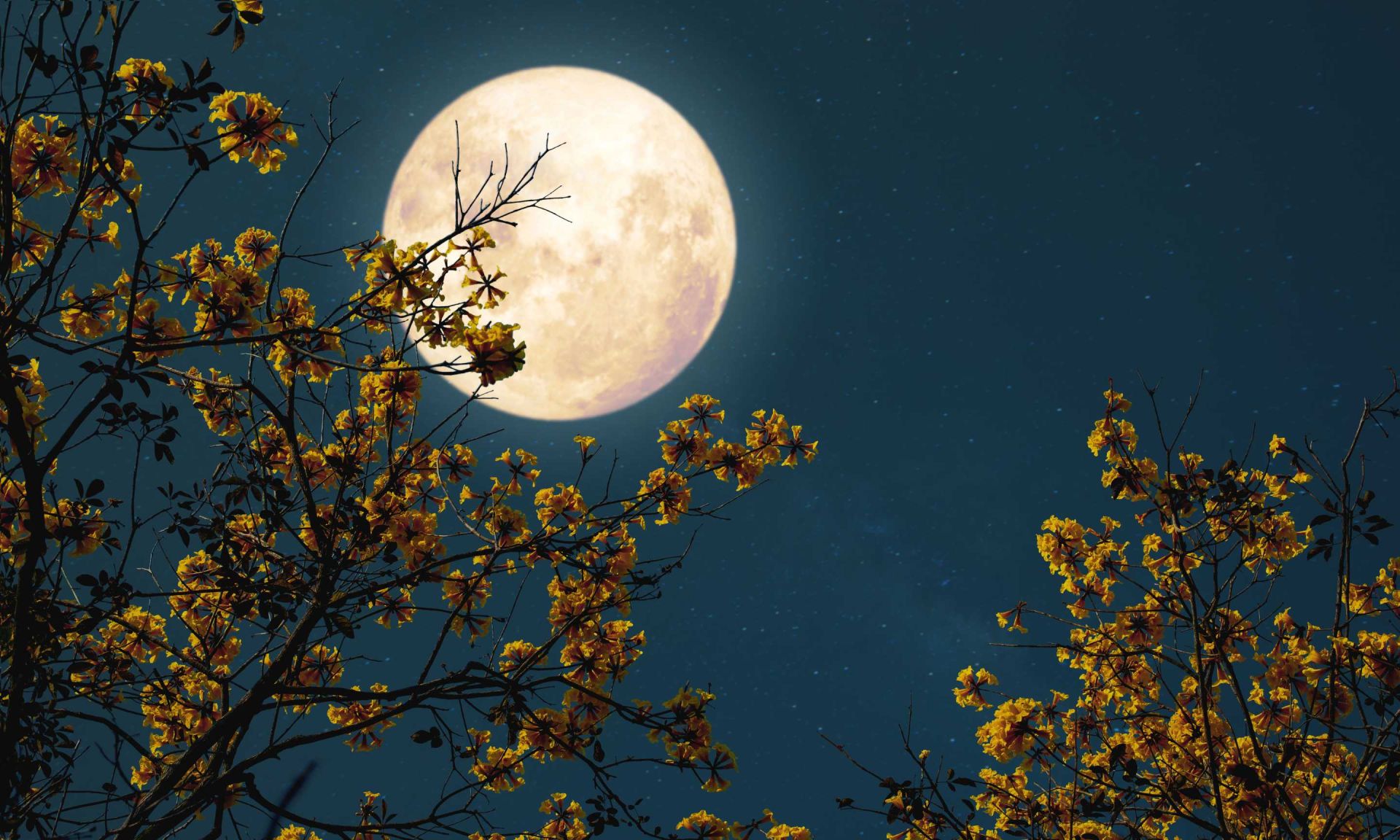
The Month of a Special Night: Laylatul Qadr
This is one of the most essential fun facts about Ramadan you should know, which is the "Night of Power" (Laylatul Qadr). It is considered the most sacred night of the year.
This night, which falls in the last ten days of Ramadan, commemorates the first revelation of the Qur'an to Prophet Muhammad (ﷺ). Worship on this night is said to be better than a thousand months.
That is why you will see Muslims going all out in the last 10 nights of Ramadan doing good deeds, whether if it’s giving charity, offering recommended prayers, and more.
This blessed night is so special in Islam, that there is a whole chapter in the Qur’an specifically on the Laylatul Qadr.
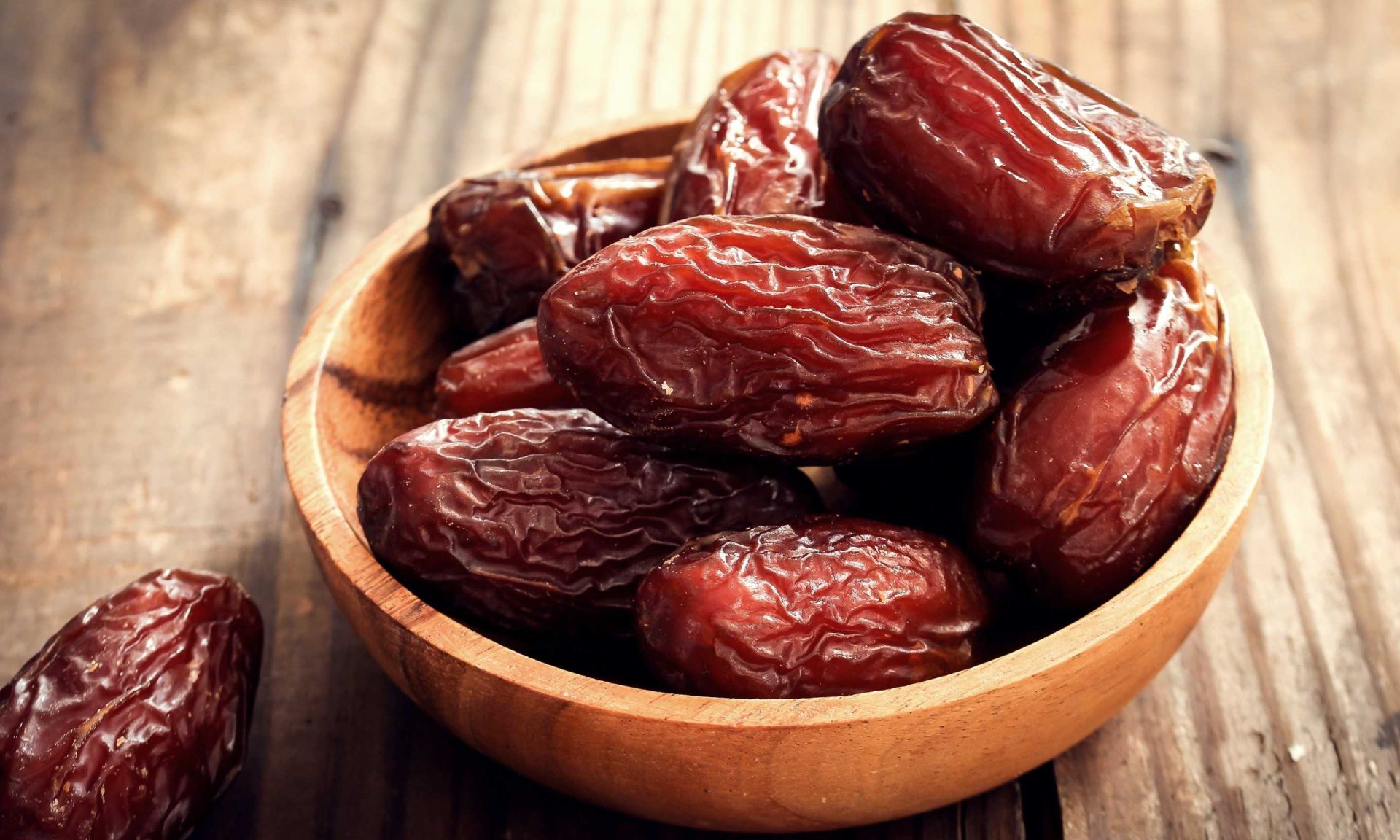
Breaking Fast with Dates Is a Tradition
Muslims traditionally break their fast with dates and water, following the practice of the Prophet Muhammad (ﷺ).
Anas bin Malik (radiallahu anhu) narrated:
"The Messenger of Allah would break the fast with fresh dates before performing Salat. If there were no fresh dates then (he would break the fast) with dried dates, and if there were no dried dates then he would take a few sips of water." [Jami’ At-Tirmidhi]
Not only are dates a Prophetic tradition dated back to generations, but also a healthy source of energy, packed with essential nutrients like potassium, magnesium and more.
There are many health benefits to eating dates, such as it being a great source of fibre, a disease-fighting antioxidant, promotes brain health and the likes.
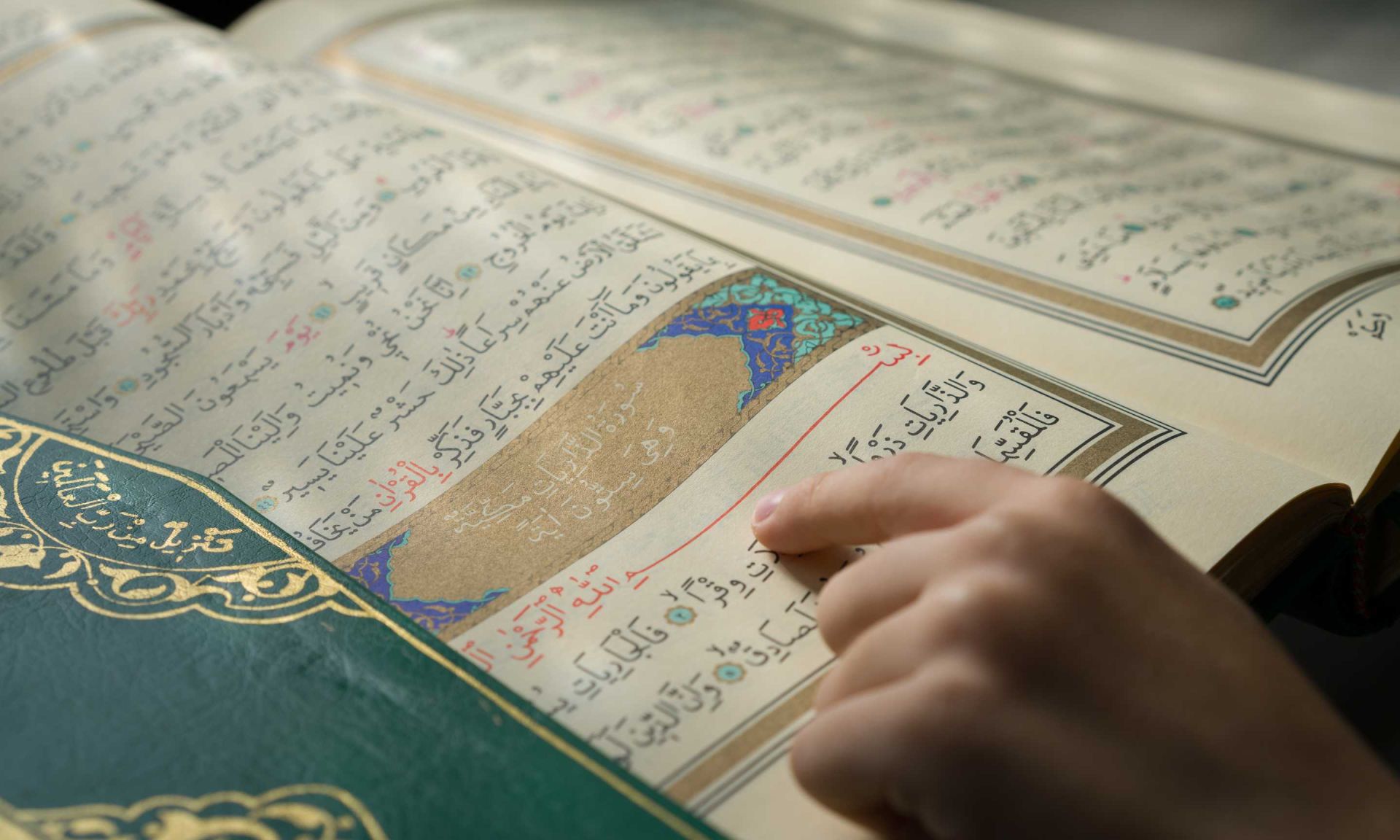
The Quran Was Revealed in Ramadan
One of the most interesting facts about Ramadan is that it marks the month in which the Quran was first revealed to the Prophet Muhammad (ﷺ).
During this time, the Prophet (ﷺ) was alone in the Cave of Hira’ when Angel Gabriel (Jibril) (alahi salam) came to the Prophet revealing the very first few verses of the Qur’an.
ٱقْرَأْ بِٱسْمِ رَبِّكَ ٱلَّذِى خَلَقَ
Read! In the name of your Lord who created:
خَلَقَ ٱلْإِنسَـٰنَ مِنْ عَلَقٍ
He created manfrom a clinging form.
ٱقْرَأْ وَرَبُّكَ ٱلْأَكْرَمُ
Read! Your Lord is the Most Bountiful One
ٱلَّذِى عَلَّمَ بِٱلْقَلَمِ
who taught by [means of] the pen,
عَلَّمَ ٱلْإِنسَـٰنَ مَا لَمْ يَعْلَمْ
who taught man what he did not know.
[Qur’an 96:1-5]
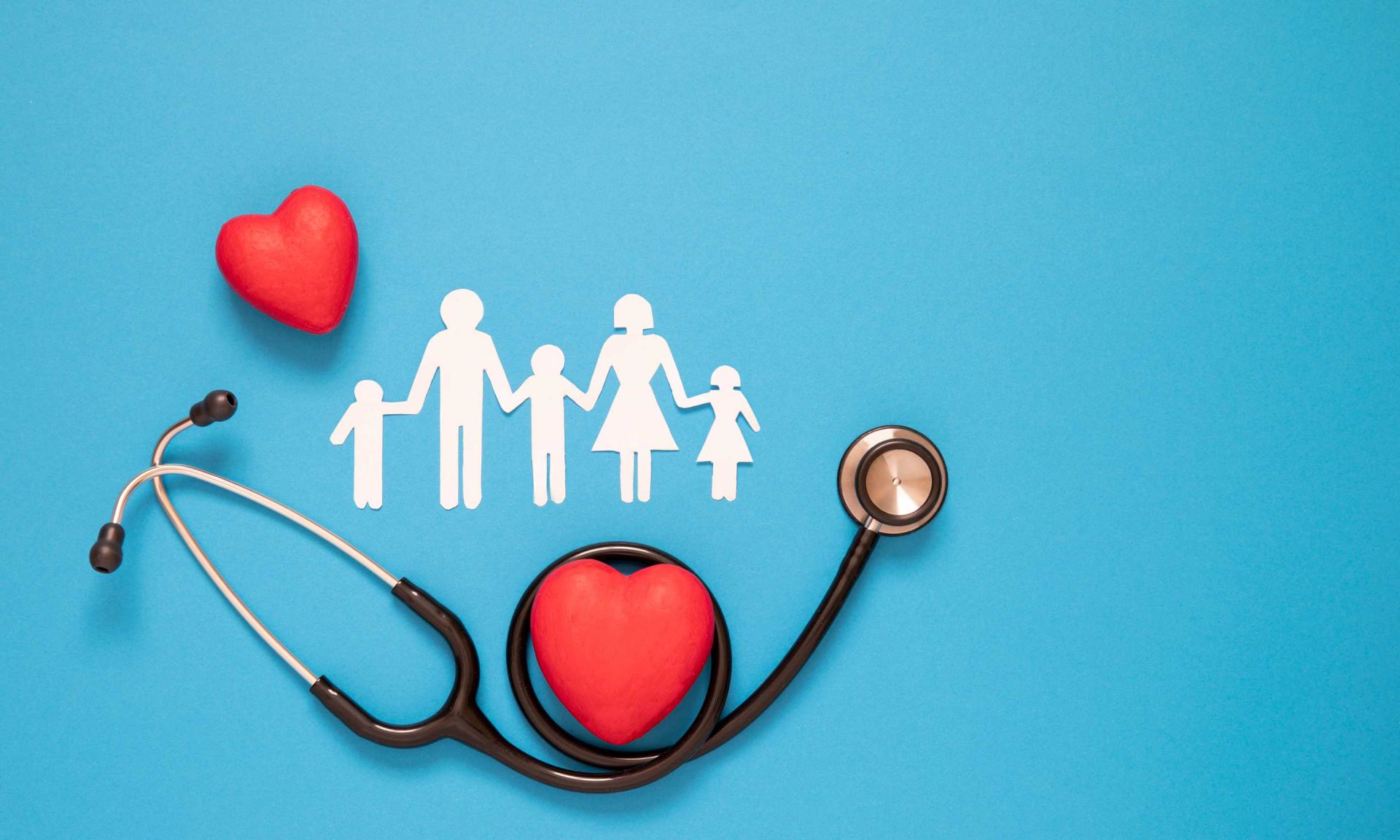
Fasting Can Have Health Benefits
Research suggests that fasting during Ramadan may improve blood lipid profiles and support weight management.
According to Healthline, the benefits of fasting are not just limited to weight loss, but it helps with blood sugar control, reduces cholestrol, helps with inflammation, boosts brain function and many more.
Even fad diets in the modern age are focusing on intermittent fasting which proves the health benefits fasting holds.
Exemptions from Fasting
Although Ramadan is one of the fundamental pillars of the Islamic faith, not everyone is required to fast during Ramadan depending on the circumstances.
Children, the elderly, pregnant or breastfeeding women, travelers, and those with medical conditions are exempt, highlighting the religion's emphasis on compassion and flexibility.
Those who are exempted from fasting in Ramadan can either make it up by replacing missed fasts, pay fidyah (a religious donation to pay those in need) or other means of expiations depending on the categories of people exempted from fasting.
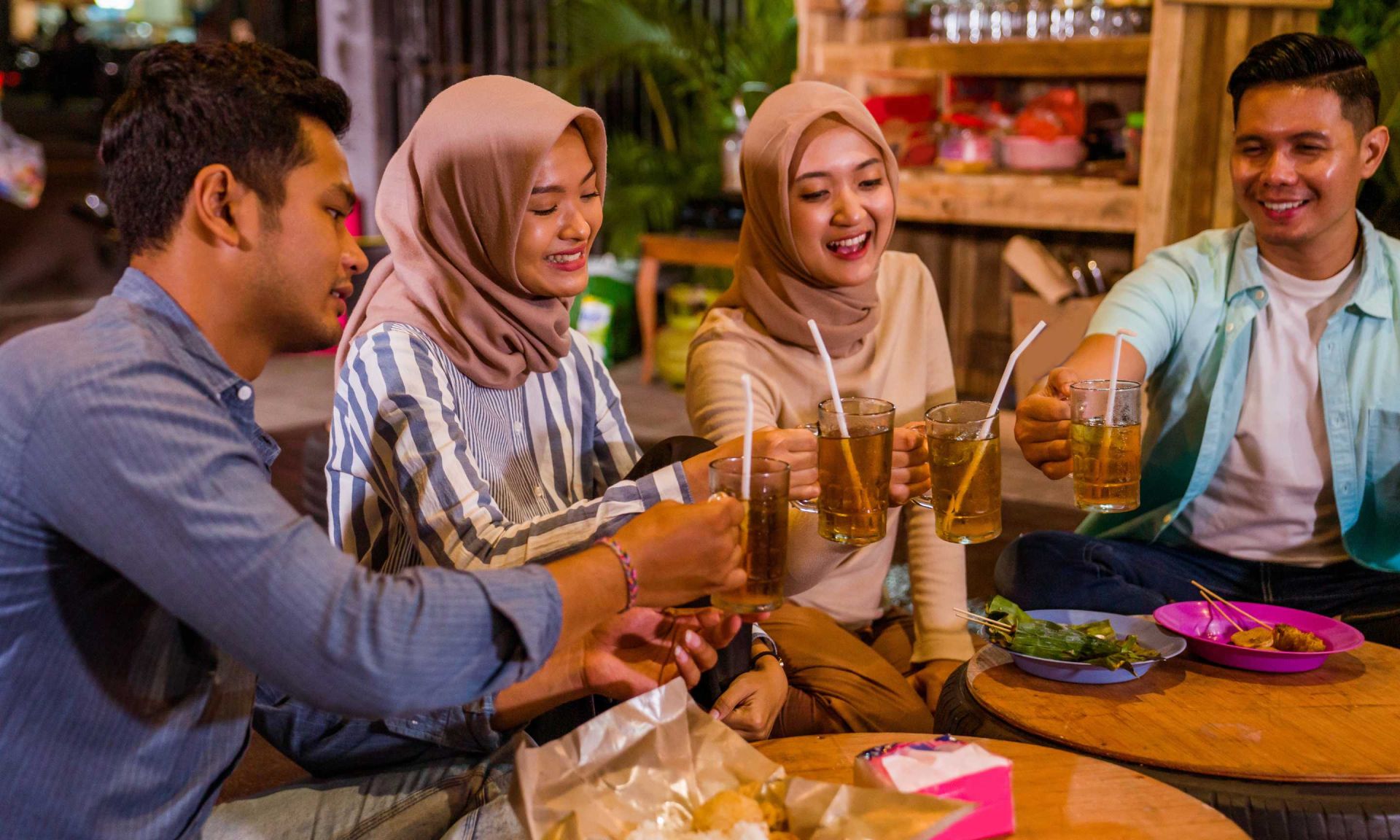
Communal Iftars Are Common
One of the heartwarming facts of Ramadan is the sense of community it fosters.
Families, friends, and even strangers often gather for communal iftars to break their fast together, either in mosques or musolla, and even in homes.
Eating congregationally is considered one of the most common traditions in Islam as it increases the blessings or barakah in the food they consume.
Salim bin ‘Abdullah bin ‘Umar said:
“I heard my father say: ‘I heard ‘Umar bin Khattab say: “The Messenger of Allah (ﷺ) said: ‘Eat together and do not eat separately, for the blessing is in being together.’”
[Sunan Ibn Majah]
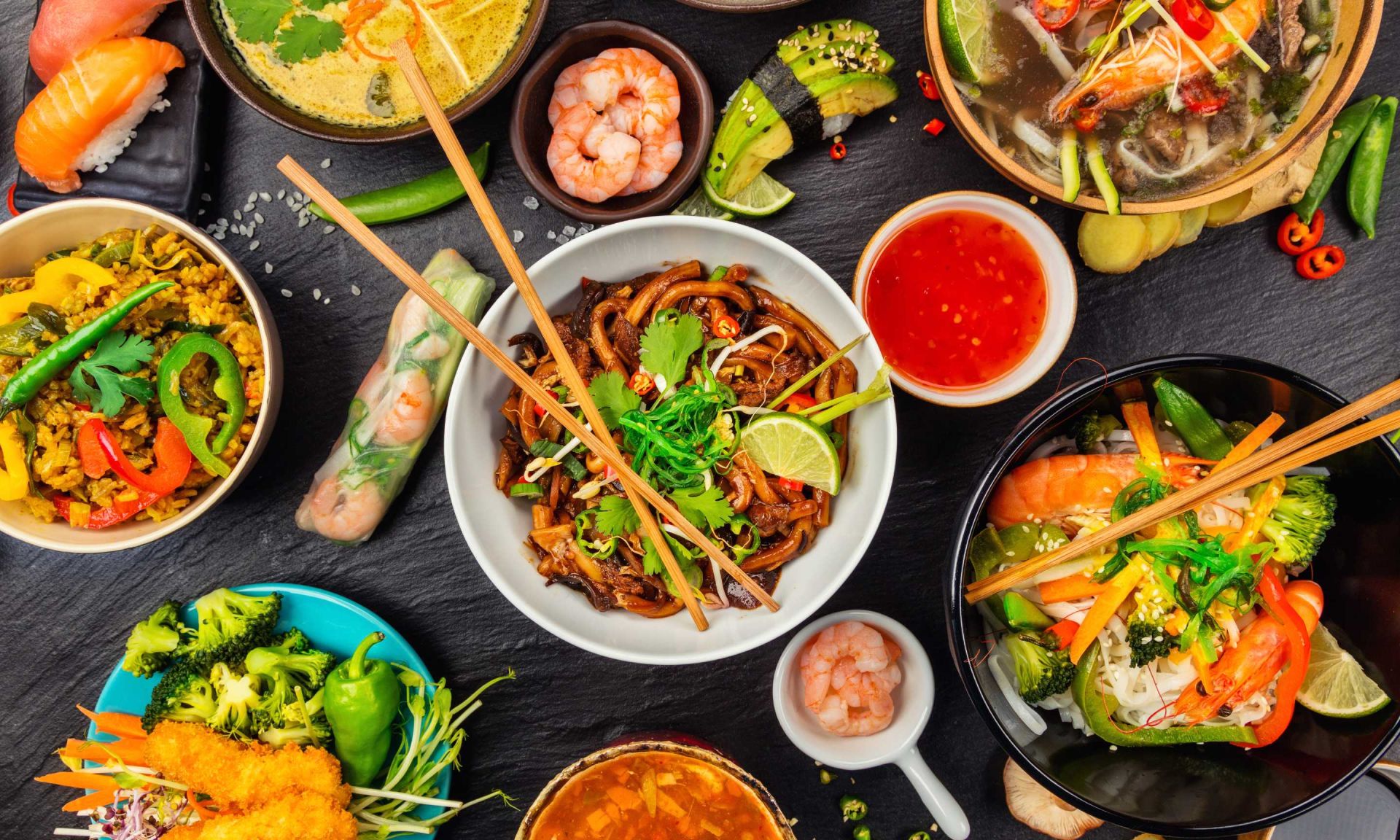
Each Country Has Unique Ramadan Dishes
Ramadan is a time when cultures around the world showcase their rich culinary traditions, preparing special dishes and sweets that hold deep significance.
In the Middle East, desserts like kunafa, a sweet and savory pastry soaked in syrup and layered with cheese or cream, take center stage during Iftar. Similarly, qatayef, a stuffed pancake filled with nuts or cream, is another beloved treat.
In Southeast Asia, the tables are adorned with hearty dishes like bubur lambuk, a spiced rice porridge cooked with coconut milk, meat, and herbs. This comforting dish is a staple in countries like Malaysia and Indonesia, often shared among communities at mosques.
These dishes not only nourish the body after a day of fasting but also symbolize the communal spirit of Ramadan, bringing families and friends together to share in the blessings of the holy month.
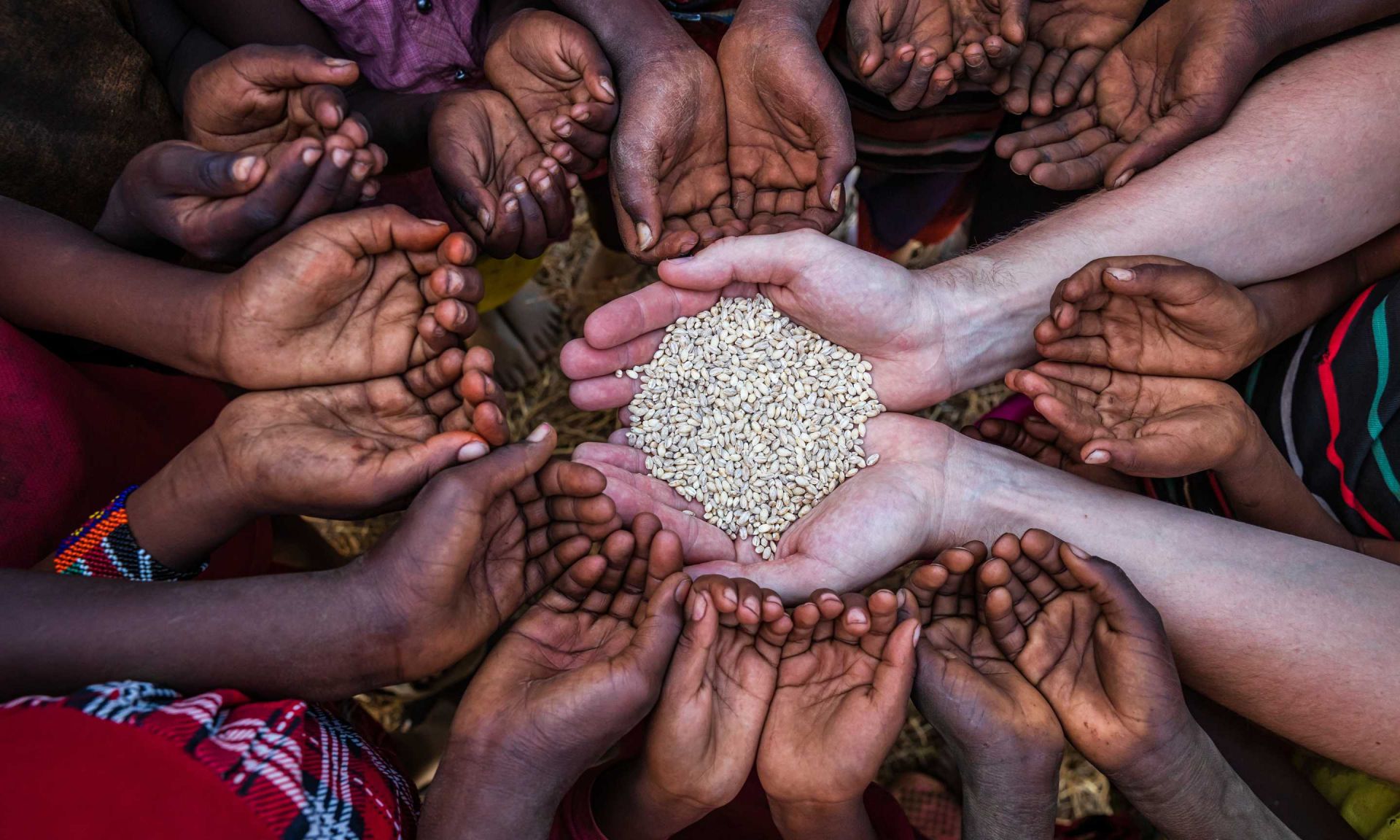
Ramadan Is the Month of Charity
Ramadan is also known as the month of charity. Muslims are encouraged to give generously, whether through obligatory zakat (almsgiving) or voluntary donations, known as sadaqah.Ramadan is a time when cultures around the world showcase their rich culinary traditions, preparing special dishes and sweets that hold deep significance.
There are many virtues to giving charity, especially in the month of Ramadan. You may find many Muslims are in the spirit of giving to gain Allah’s Divine Pleasure.
The Prophet (ﷺ) was asked which fast was most virtuous after Ramadan? He said: "Sha'ban in honor of Ramadan" He said: "Which charity is best?" He said: "Charity in Ramadan."
If you would like to contribute or give charity to vulnerable families in Singapore, visit here.
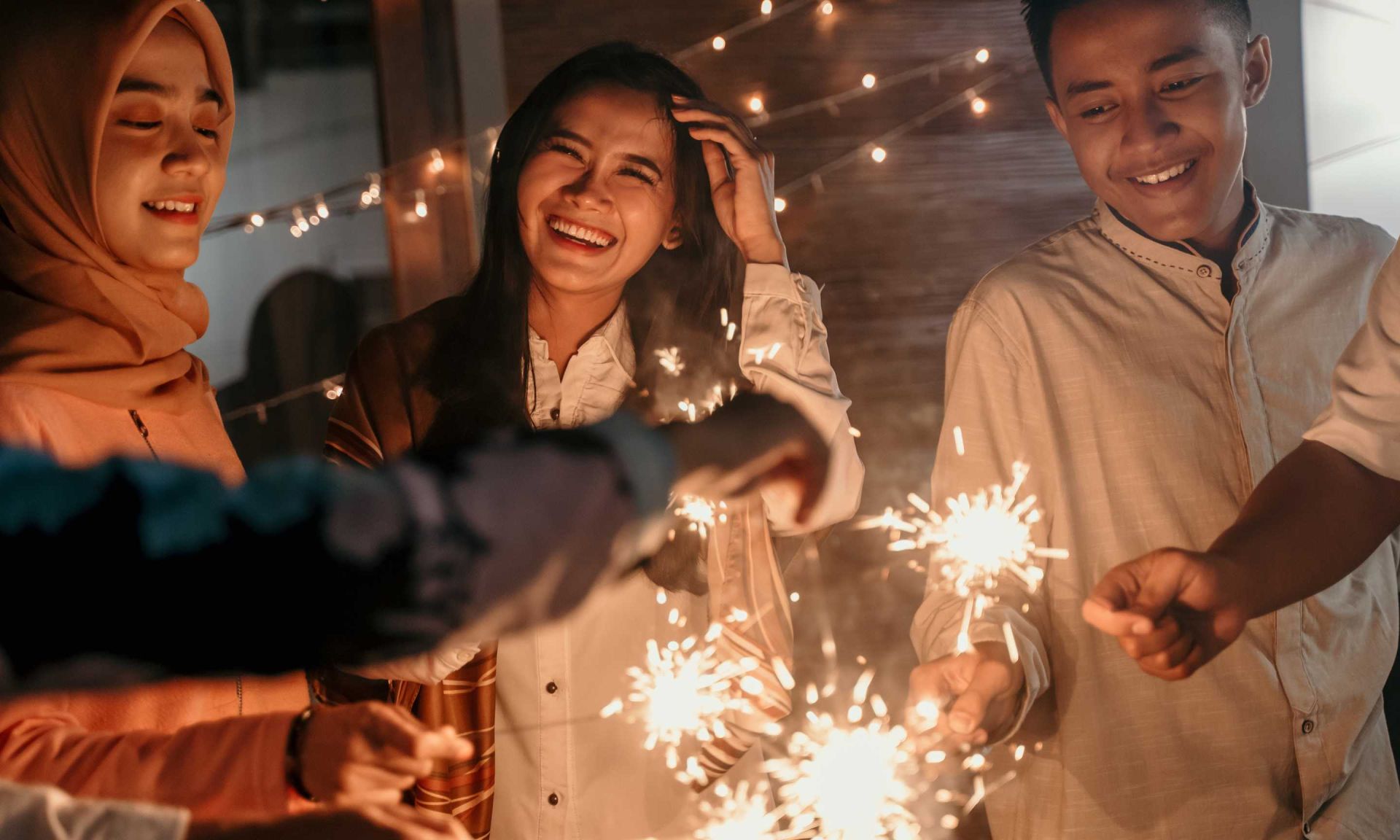
Eid Marks the End of Ramadan
The conclusion of Ramadan is marked by Eid al-Fitr, a joyous and festive holiday that signifies the successful completion of a spiritually enriching month.
The day begins with special prayers, known as Salah Eid al Fitr, held in large congregations at mosques or open spaces. These prayers are a chance for Muslims to express gratitude to Allah Almighty for the strength and blessings received during Ramadan.
Eid is also a time of giving and sharing. Before the prayers, Muslims pay Zakat al-Fitr, a form of charity meant to help those in need celebrate Eid with dignity.
Following the prayers, families and friends gather to celebrate with feasts featuring an array of traditional dishes and sweets.
For many, this is a time to exchange gifts, don new clothes, and visit loved ones. The day is filled with happiness and gratitude, bringing communities together in a spirit of unity and joy.
What Happens During Ramadan?
Ramadan is much more than abstaining from food and drink; it is a transformative period of fasting, prayer, and reflection. Muslims dedicate themselves to acts of worship, such as reciting and reflecting upon the Quran, offering additional prayers (Taraweeh), and seeking closeness to Allah Almighty.
Final Thoughts
These Ramadan facts for non-Muslims offer a glimpse into the beauty and significance of this sacred month. It’s a time that transcends physical acts of fasting, emphasizing universal values such as kindness, generosity, patience, and self-discipline.
Whether you are participating in Ramadan or simply observing from the outside, the month’s messages of gratitude, compassion, and community are universally relatable, reminding us all of the importance of striving for personal growth and helping others.
Subscribe to Our Newsletter
Stay updated on our free courses, promotions, events and more!
Thank you!
Related Courses
About Us
SimplyIslam Academy, a subsidiary of SimplyIslam.sg, is an online Islamic education centre, delivering quality Islamic courses via online since early 2021.
The online Islamic school provides indispensable learning on the various sciences of Islam, covering Qur’an, Hadith, Sirah, Fiqh, Tasawwuf, and others.
The online Islamic school provides indispensable learning on the various sciences of Islam, covering Qur’an, Hadith, Sirah, Fiqh, Tasawwuf, and others.
Follow us
Useful Links:
Thank you!

Learn Anytime, Anywhere
Copyright © SimplyIslam Academy. All Rights Reserved.
Try Our Free Online Islamic Classes Today
Enter your email and we’ll send you notifications on our free classes.
Thank you for subscribing to our newsletter!
Try Our Free Online Islamic Classes Today
Enter your email and we’ll send you notifications on our free classes.
Thank you for subscribing to our newsletter!
